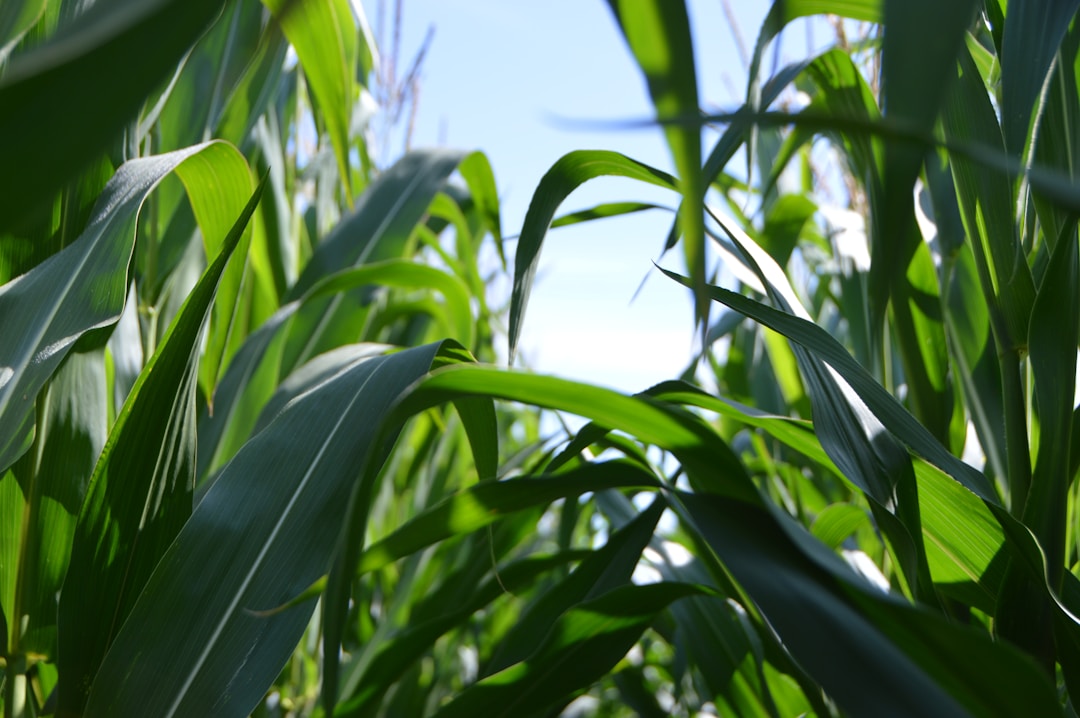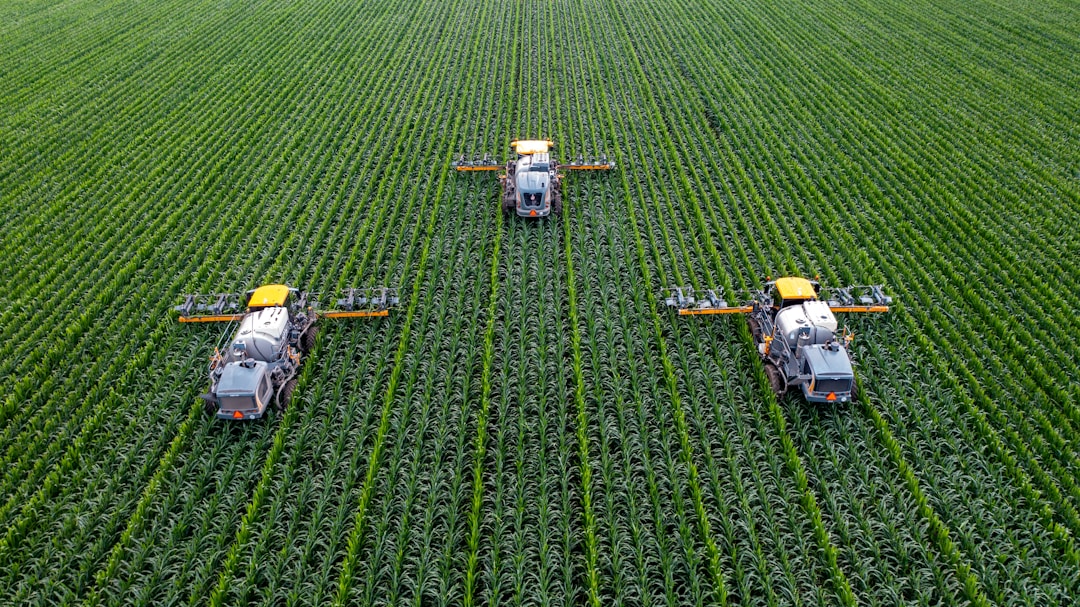The mutual generation of crops
May 08,2024

The interaction between crops is a wonderful ecological phenomenon in nature. Some crops grow together to promote each other, forming a situation of symbiosis and co-prosperity; while some crops together will have a competitive relationship, and even produce toxic effects.
The relationship between 1. crops The relationship between crops is a relationship of mutual benefit and interdependence. In this relationship, the growth of one crop can promote the growth of another crop, thereby improving the stability of the entire ecosystem. For example, legumes can symbiosis with rhizobia in the soil, and rhizobia can convert nitrogen in the air into nitrogen fertilizer that can be absorbed by plants, providing nutrients for legumes. At the same time, legumes can also provide a suitable living environment for rhizobia. In addition, some crops can also secrete certain substances to promote the growth of surrounding plants. Such as onions, leeks, etc. contain volatile substances that can repel pests and promote the growth of surrounding crops.
Phase-to-phase relationship of 2. crops Phase-to-phase relationship refers to the existence of competition and inhibition relationships between crops. When some crops grow together, there will be nutrient competition, light competition and other phenomena, resulting in growth inhibition or toxic effects. For example, there is "allelopathy" between certain crops, that is, one crop can release certain chemicals to inhibit the growth of other crops. Compounds released by carrots and celery, for example, inhibit the growth of surrounding weeds. In addition, there is root competition between some crops and other crops, resulting in both sides can not grow normally. Such as corn and soybean intercropping, corn roots and soybean roots will compete for nutrients and water, resulting in a decline in soybean yield.
The effect of 3. crops on agricultural production The phenomenon of crops have an important impact on agricultural production. In agricultural production, the rational use of the relationship can improve the yield and quality of crops. For example, the use of intercropping, crop rotation and other planting methods can make full use of the relationship between different crops, thereby increasing the yield and efficiency of the entire farmland. At the same time, mastering the relationship can also help farmers to better manage their farmland. Understanding which crops have a relationship with each other can avoid planting these crops at the same time in the farmland, thereby reducing the occurrence of competition and inhibition. In addition, by understanding the relationship between phase and phase, some measures can be taken to reduce this impact, such as adjusting planting density, fertilization management, etc.
The practical application of 4. crops in the actual agricultural production, farmers have made full use of the phenomenon of crops. For example, in intercropping systems, farmers often plant legumes along with other crops to improve soil fertility using the nitrogen fixation of legumes. In addition, farmers will avoid continuous cropping of certain crops based on experience, such as continuous planting of certain crops with strong root competition, which will lead to soil nutrient imbalance and crop growth retardation. By understanding the relationship between crops, farmers can arrange the farmland planting structure more scientifically and improve the productivity and efficiency of farmland.
In a word, the interaction of crops is a wonderful ecological phenomenon in nature. Mastering the law of this phenomenon and making use of it is of great guiding significance for improving the efficiency of agricultural production and farmland management. In the future, with the continuous progress of science and technology and the deepening of research, we believe that the relationship between crops will be more widely and deeply applied, bringing greater benefits to agricultural production.
Previous Page:
Contact Us
E-mail:
haobo227@126.com
Mobile/WeChat:
86-13383022757
Address:
888 Jianguo Road, Lianchi District, Baoding City


